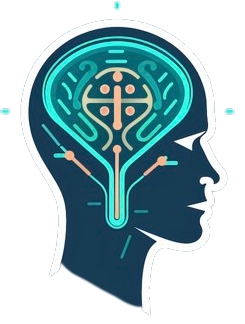Researchers Unveil Breakthrough in T-Cell Epitope Prediction Using Deep Learning Models in C57BL/6 Mice
Date: June 29, 2023 Researchers from Boston University have made a significant stride in the field of immunology with their groundbreaking research on predicting T-cell epitopes using deep learning models in C57BL/6 mice. The team, led by Zitian, Zhen Yuhe Wang, and under the guidance of Professor Zhang, Guanglan, presented their findings at the esteemed […]
